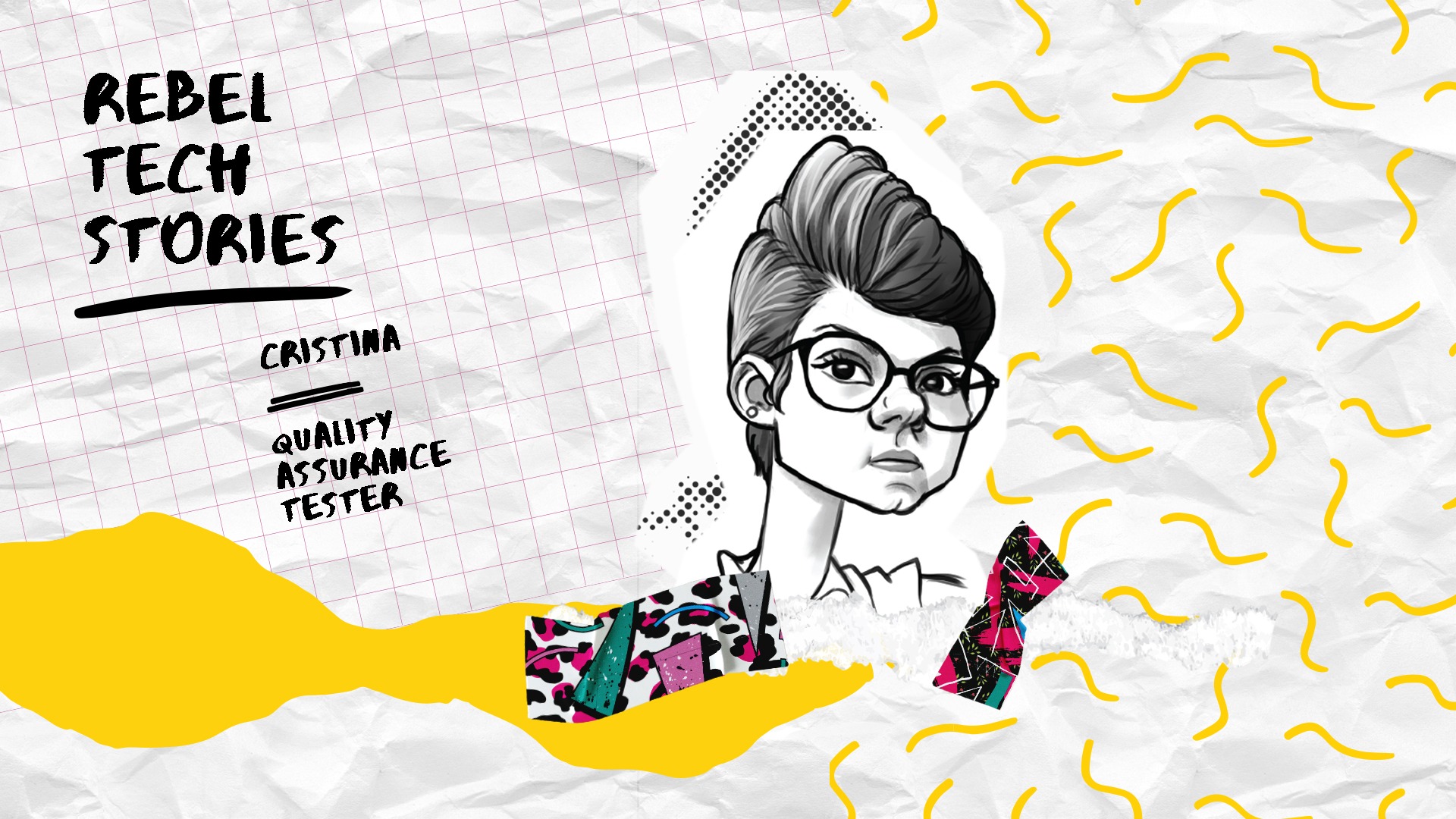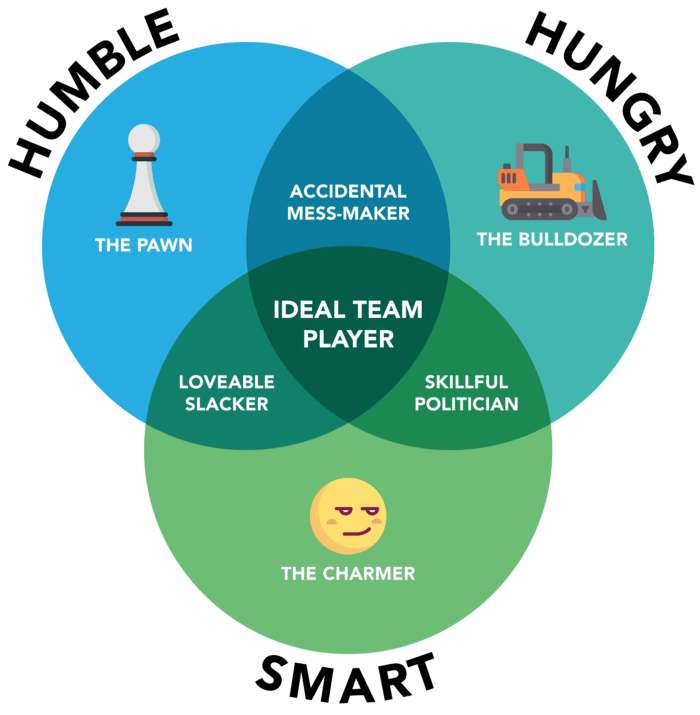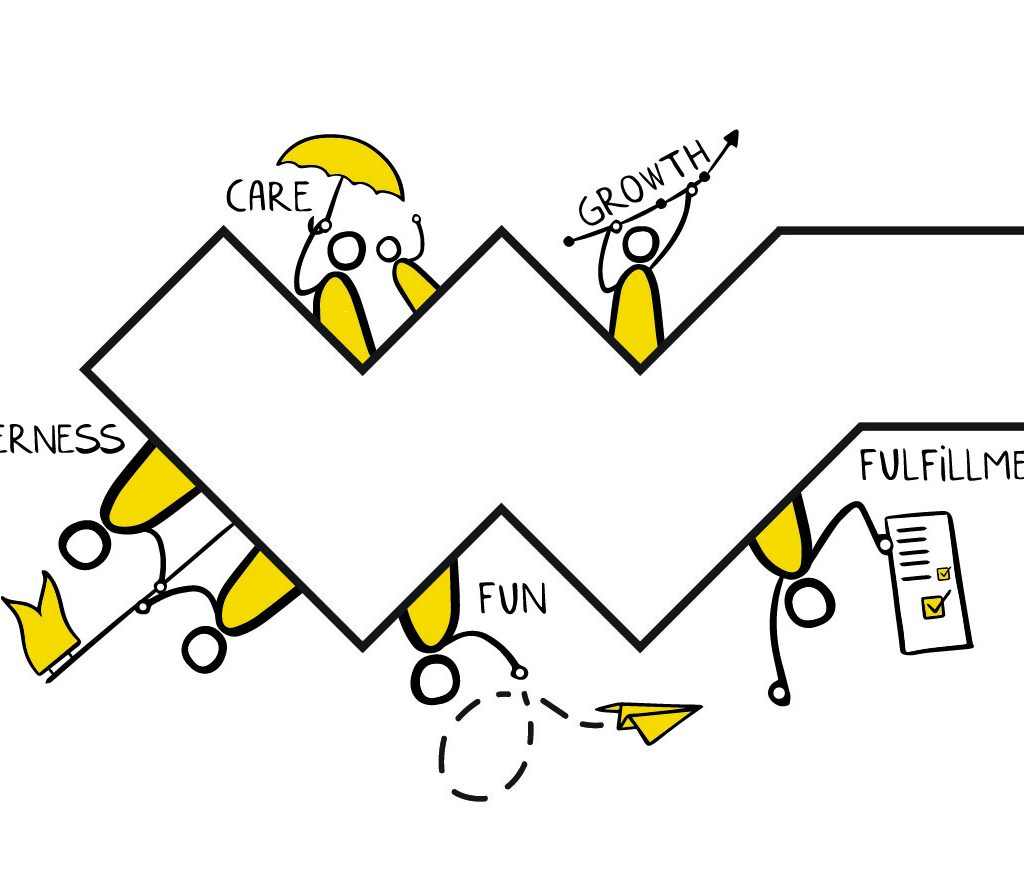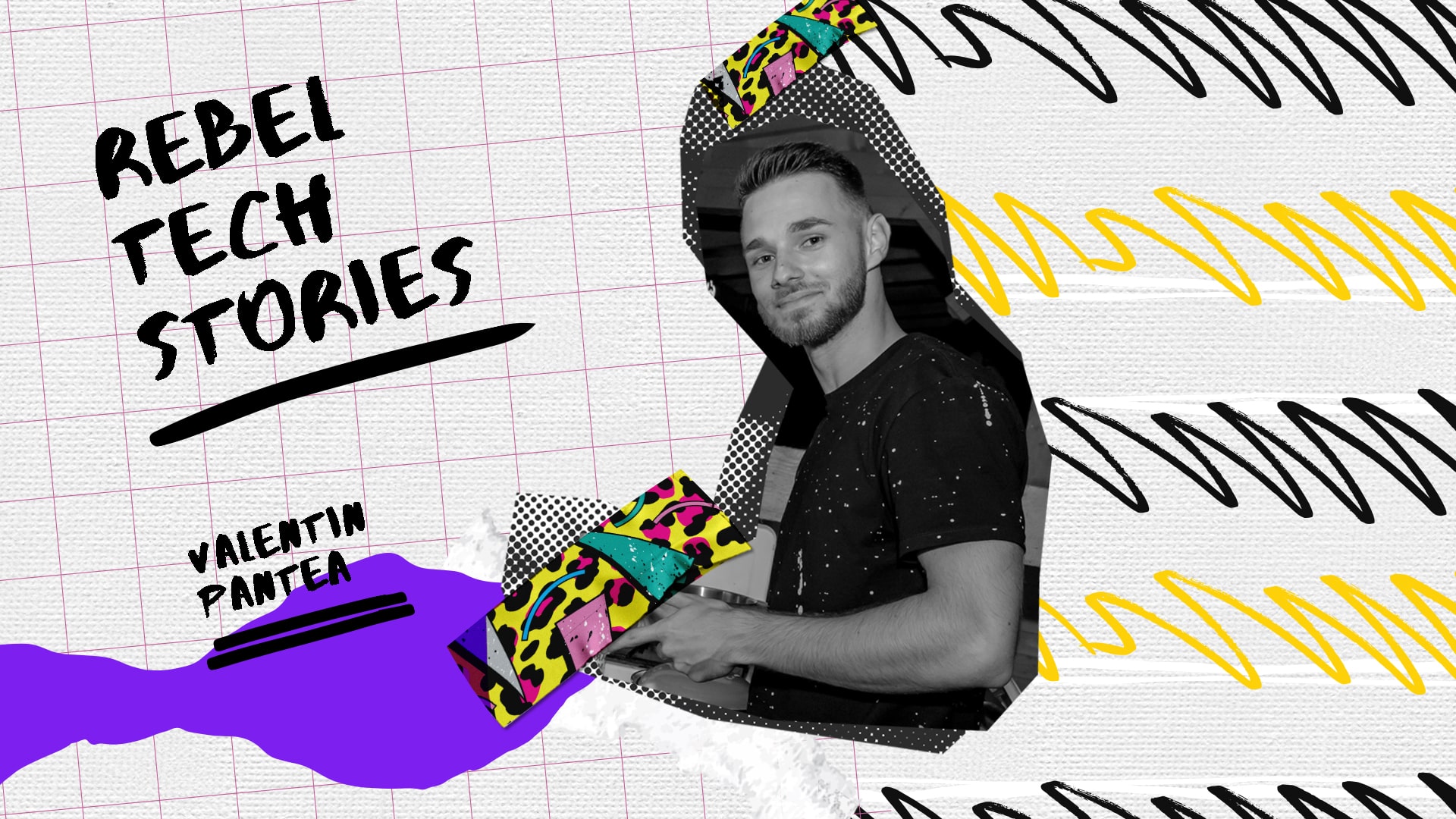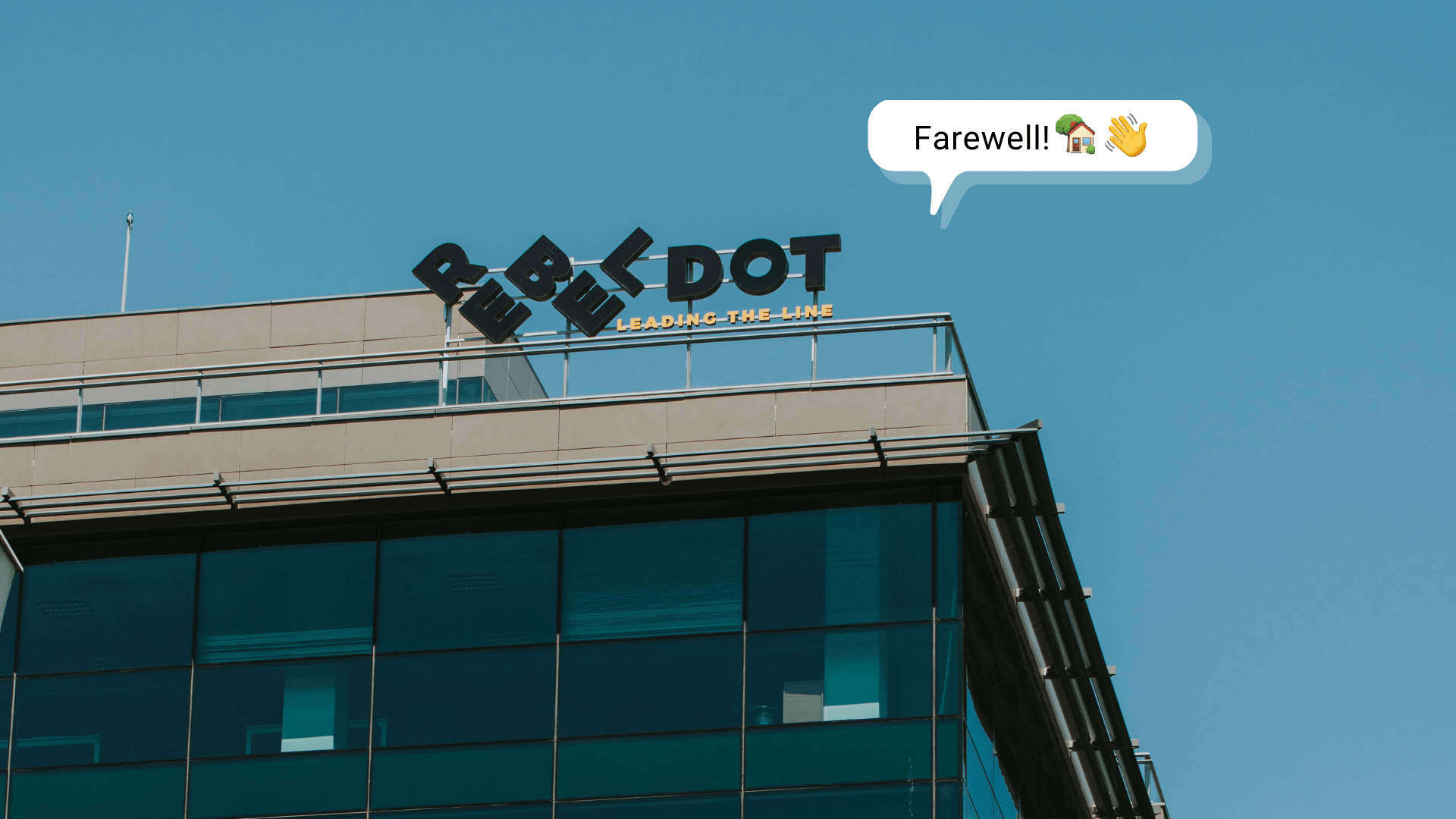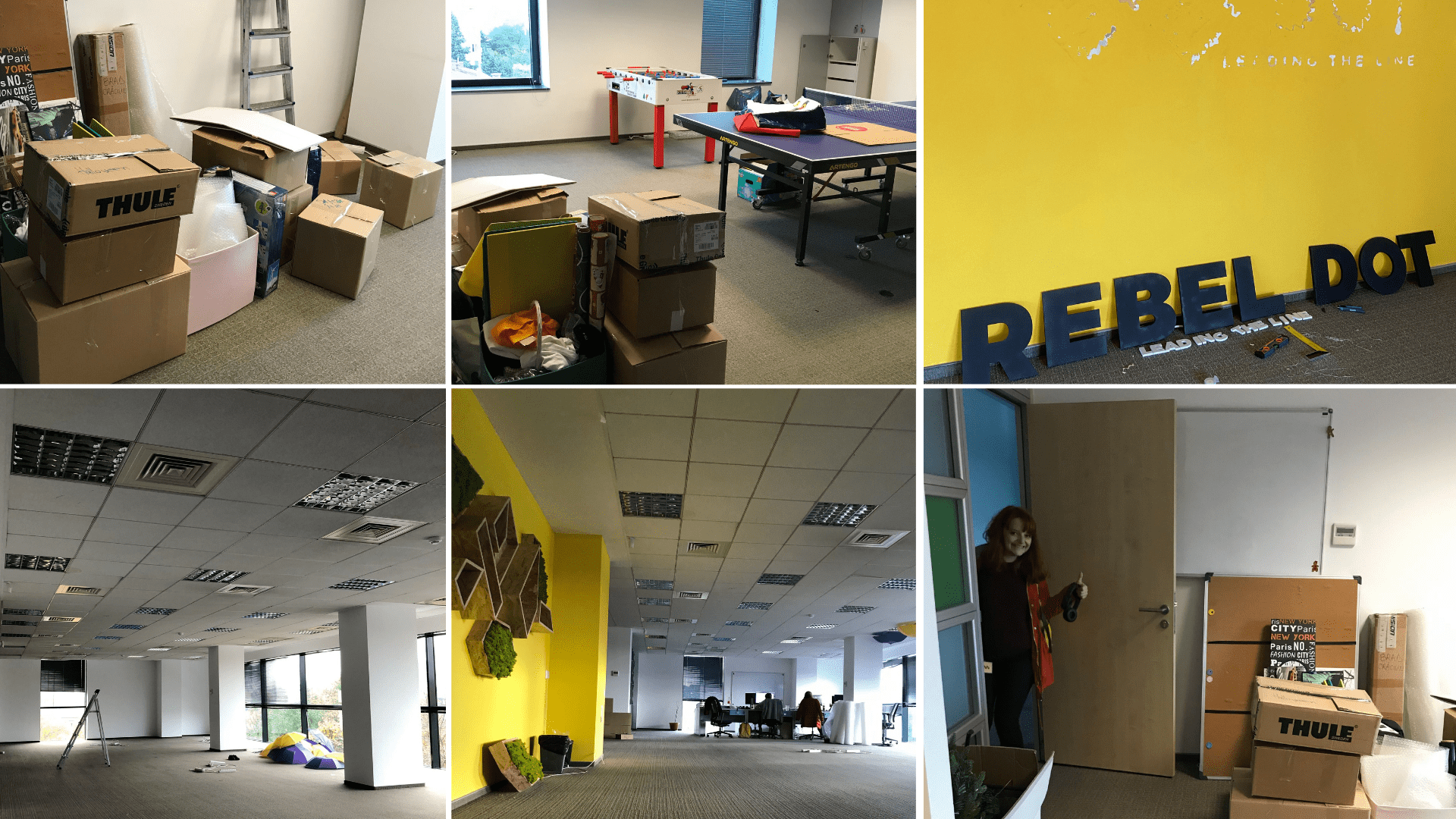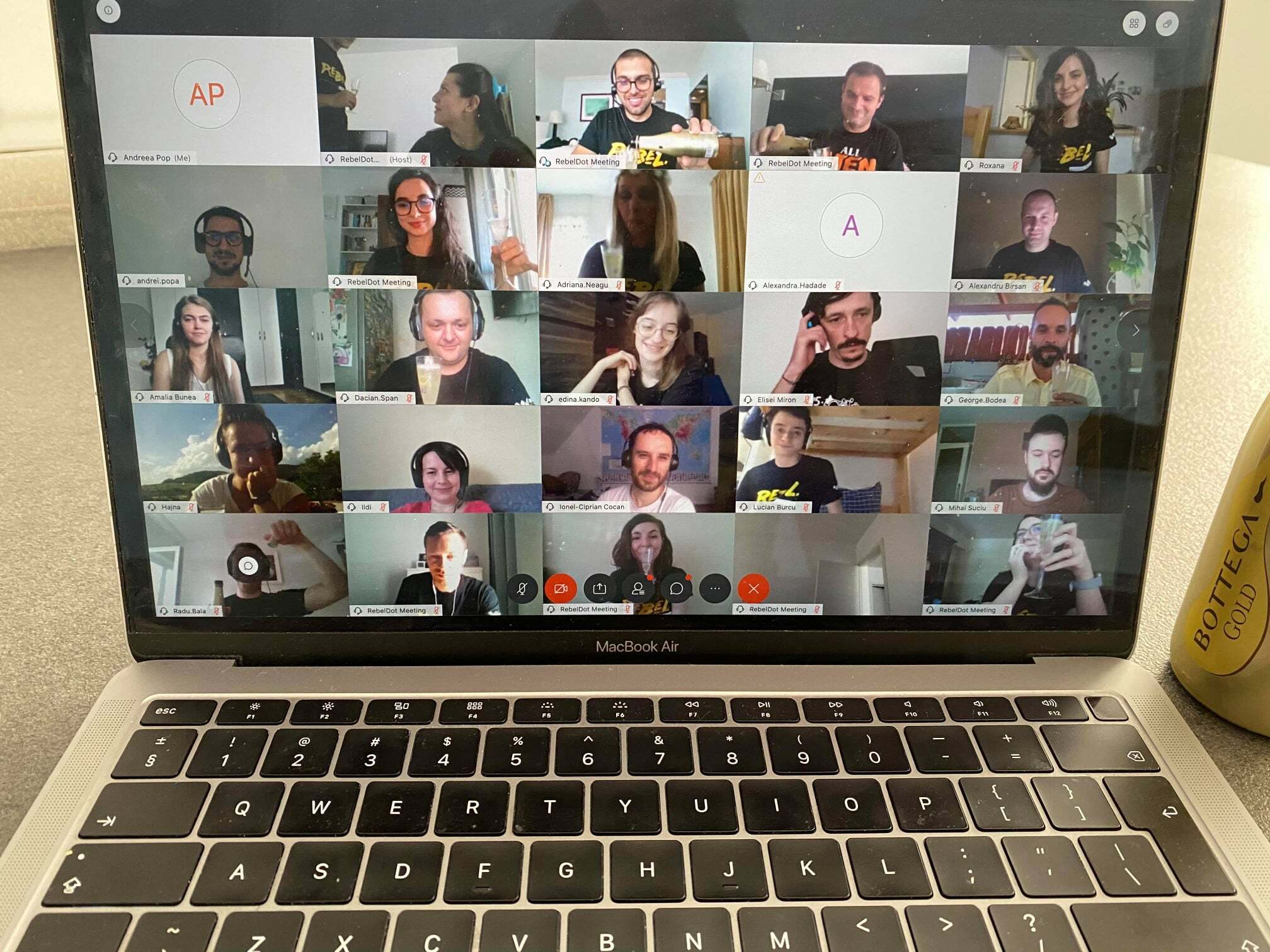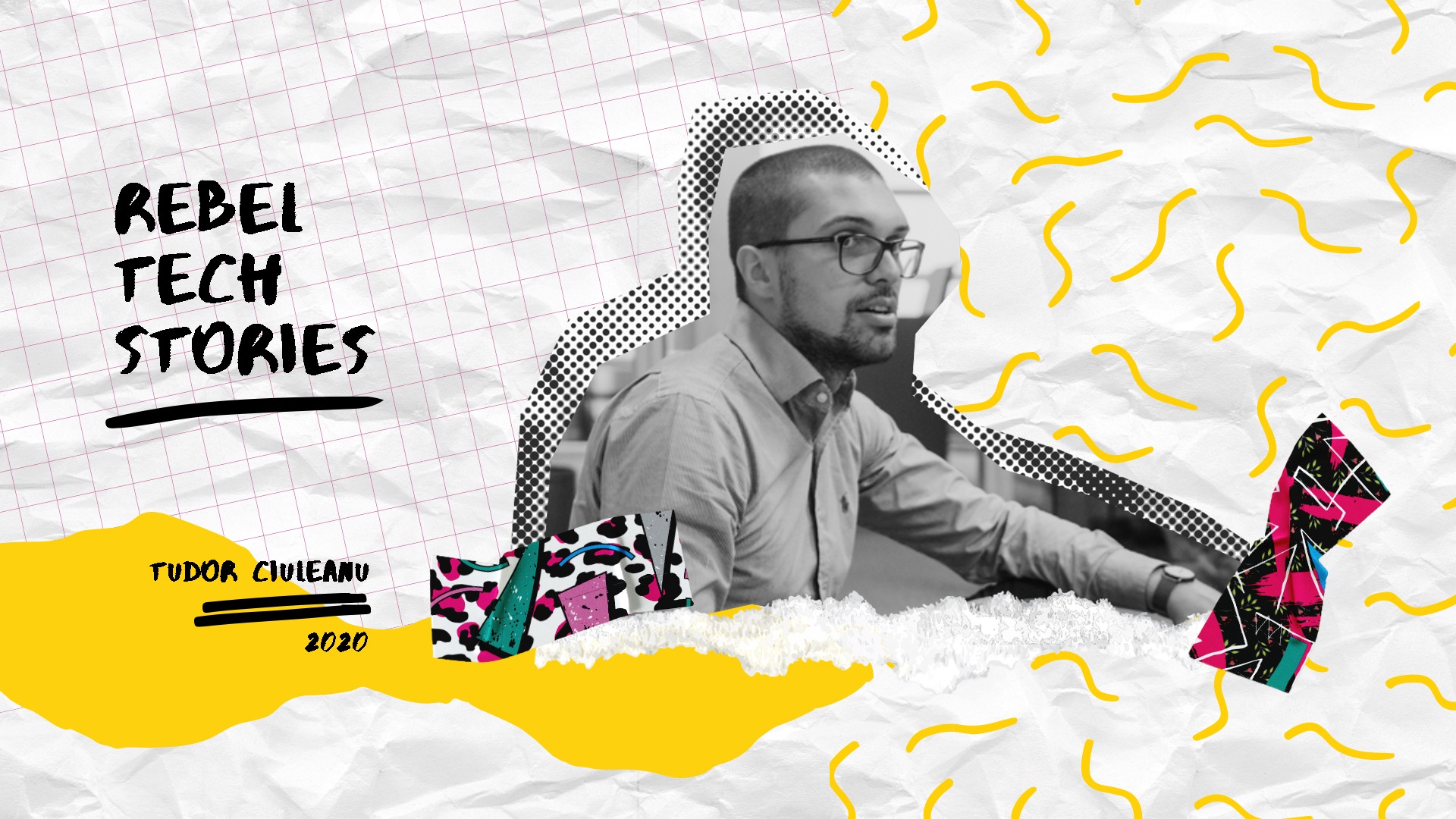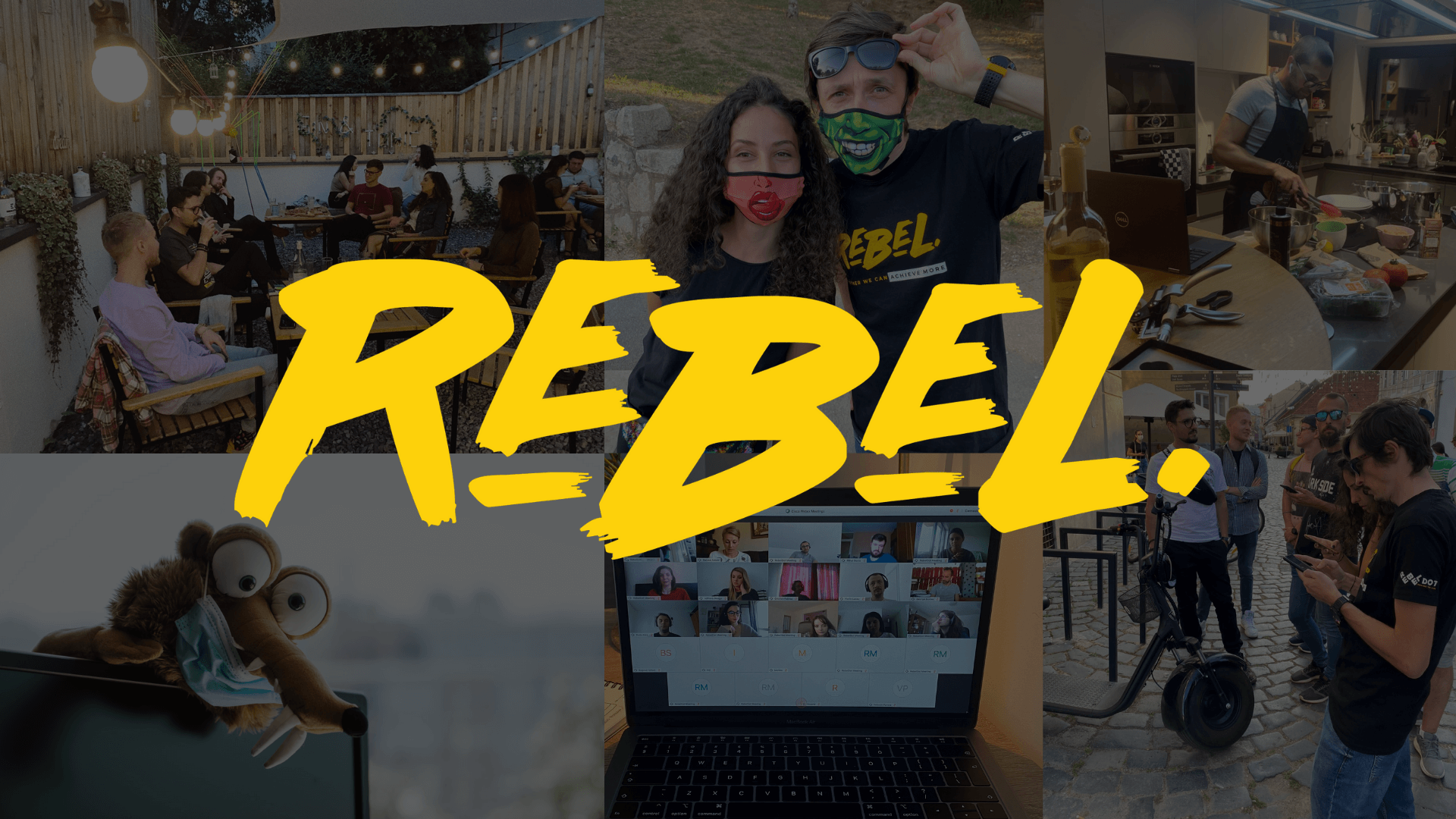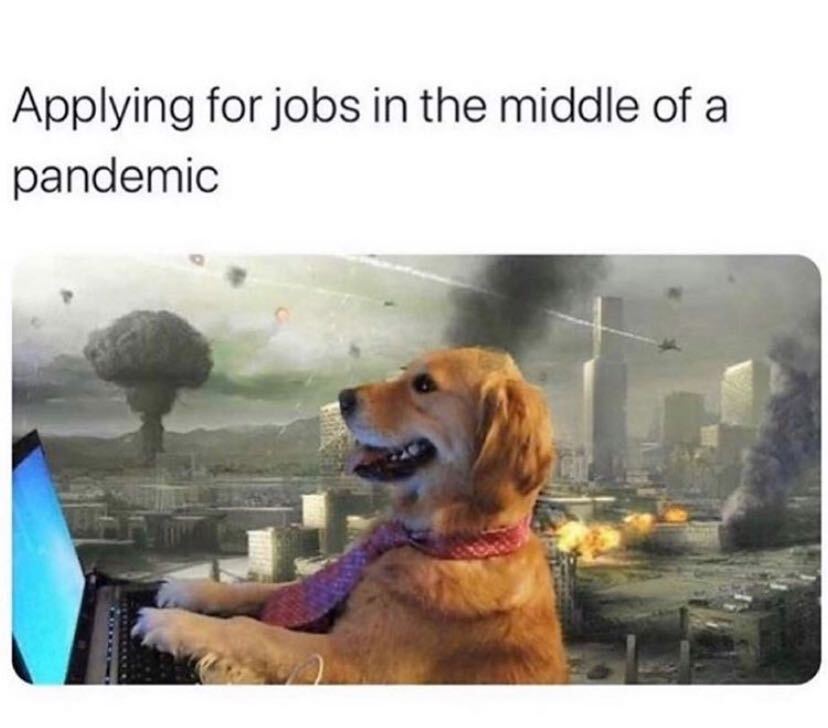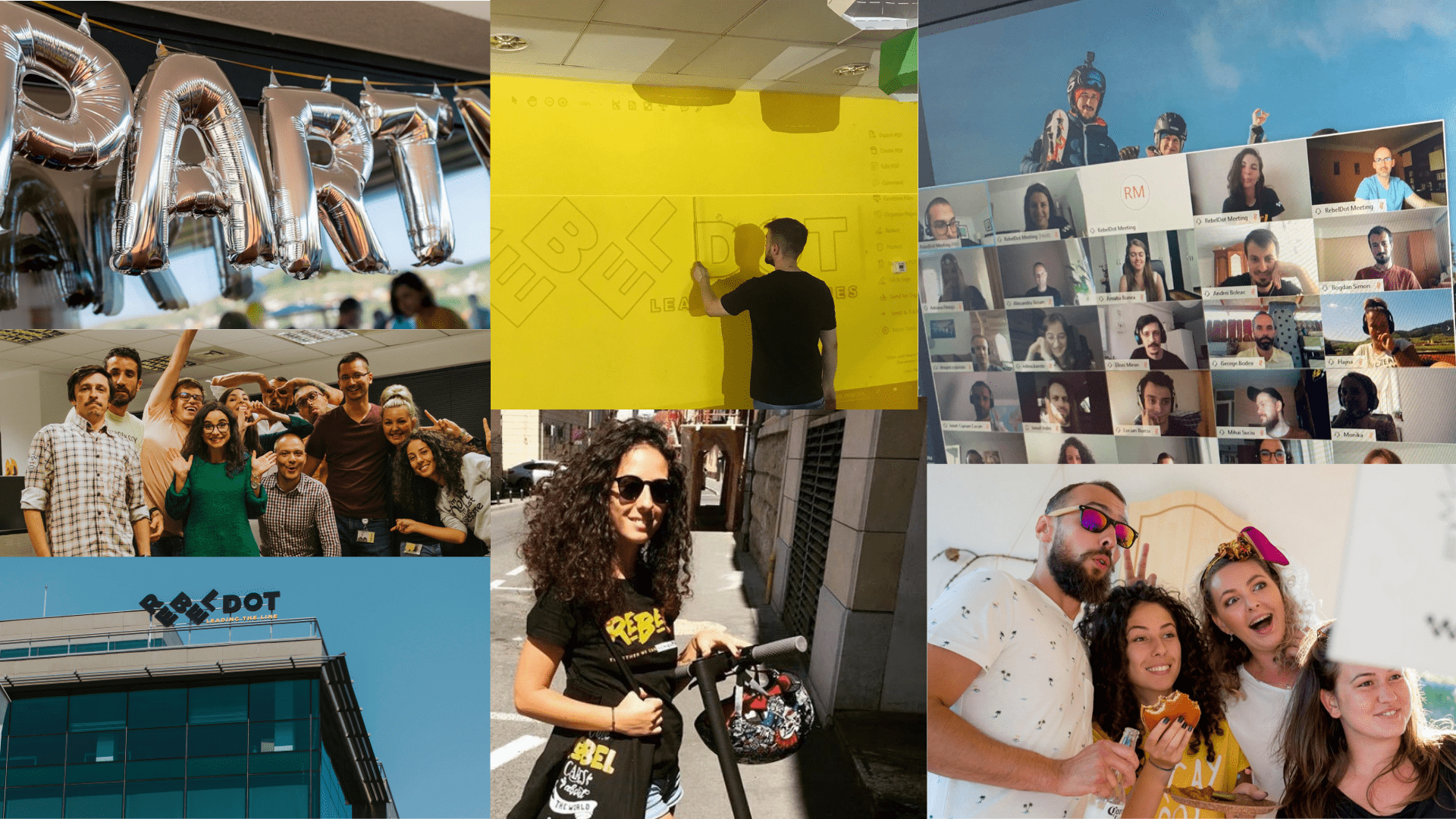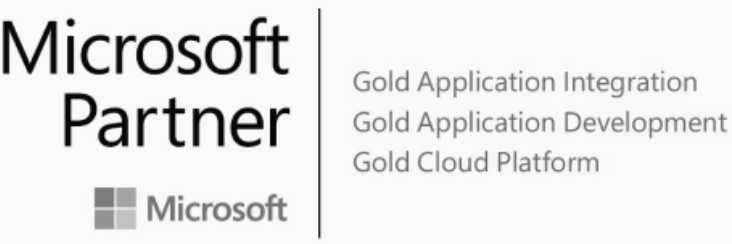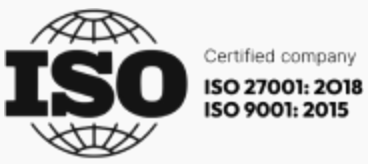We’re back again with a new interview part of our Rebel Tech Stories series, this time with a dear colleague of ours who got into tech after a remarkable turnaround.
The TechRebel Stories is a platform that we created to bring the people of RebelDot forward and have them inspire you to immerse into the tech world.
In this article, I’ll be talking to Cristina who is one of our QA engineers. With a master’s degree in Psychology and over 2 years of private clinical therapy practice, one day she figured that a therapist job might not actually be for her, and decided to give technology a chance.
Two years later to today, she is an essential member of the RebelDot team. A highly skilled quality assurance engineer with an insatiable thirst for curiosity whose never-ending collection of insights makes our Slack #learning channel feel like a library that you just don’t want to get out of.
At RebelDot we want to foster an environment of diversity and inclusion, which is why we offer our people the opportunity to craft jobs that fit into the broader purpose of the company and of their own professional path.
Get yourself a cup of your favorite drink and enjoy this read. I had a lot of fun interviewing Cristina.
What was your life like before RebelDot?
I have studied psychology in Bucharest and did my master’s here, in Cluj. After graduation, I began applying cognitive behavioral therapy as a private practitioner. During this time, I extended my experience to a private cancer hospital.
What made you think of choosing a different career path?
Ever since I was an undergraduate, I noticed I was drawn to structured and predictable tasks. That’s why I got into research and playing with variables. I enjoyed having the freedom to modify things without the risk of irremediably breaking them..
After my 2-year experience of working as a private therapist, I realized I couldn’t fulfill my curiosity the way I did through research.
I have then decided to volunteer at a research neurosciences lab. Besides that, for a brief period of time, I also worked as a content writer as part of an advertising agency. The topics were not necessarily interesting, or just arguments that I’d agree with, but I am grateful to have had that experience too. Writing surely did teach me a lot in terms of structure, which I enjoy so much.
I was eager to discover things, but a private psychology practice is not the most ethical context to fulfill one’s unquenched curiosity. I was working with people, vulnerable human beings whom you cannot just experiment with, to fulfill your curiosity.
How did you get into tech and quality assurance?
My humble beginnings in QA.. I wasn’t really confident that there’s anything else that I could do besides psychology or social sciences in general, but my friends supported me throughout all this process so I thought I’d give it a shot.
The first chapter of me entering the QA field started with my enrollment in a programming course that lasted 4 months. That was my very first interaction with code, so to speak. That’s also where I got introduced to quality assurance.
Having finished this introductory course, I wanted to dig a bit deeper into the quality assurance domain and decided to enroll in a second course, this time a more specific one, where I learned what you call testing.
It was a 6-month training, consisting of both Manual Testing and Automation Testing. By the end of it, I managed to build an automation project. Still being a beginner, I was content at the thought of me being able to produce a small part of what is called automation testing.
What was it that sparked your interest in quality assurance?
I’d say mainly the guarantee that you cannot make an irremediable mistake. The fact that you cannot harm people, but rather experiment with data to create something that would help them.
I figured that since I like structure, articulating and following a plan, I might as well just try QA. Because I knew that here, I am not just allowed, but actually encouraged to experiment, unlike psychotherapy, where even a small mistake could easily harm people.
Don’t get me wrong, I am not implying that as a QA you don’t have to worry about attention to detail. Not at all, actually.
It’s just that, in comparison to other environments where you’d work with people, here you can allow yourself to make mistakes because by doing so, you somehow create a shortcut for growth.
Also, with regards to the personal growth aspects: I believe that the detail-oriented approach and structure-based mindset I were to develop in this job, might also extend to my day-to-day life.. I’m talking about daily habits, things that go beyond just testing.
What about RebelDot? How did you find about us?
Following this second course, I figured that it would be the right time to start applying for a job in QA, although I was still a bit unsure about my skills, as, you know, like most juniors, I thought that not having any work experience won’t make me a desirable candidate.
Regardless of my lack of confidence, I started searching on Google for opportunities and that’s how I “bumped” into the RebelDot website.
I remember being impressed by the website’s “mood”, as well as the way in which the description of the job opportunity was written. I felt like this is a welcoming and open space, where I could grow despite my lack of experience. Unlike the rest of the job announcements, this one made me feel confident about my skills and character. It seemed like a good fit.
How was your first work experience as a quality assurance tester?
I remember I was pretty nervous, but everyone was super casual and welcoming which almost instantaneously gave me a sense of comfort and belonging.
Since this was my first proper job in tech, you can imagine there was a lot of stuff which I wasn’t familiar with, but any question I had, there was always someone who was ready to help me. It didn’t really matter what kind of query I had, from setting up my working station to requesting more technical details about the projects I was working on.
Besides that, I was pleasantly surprised to see that I can ask my manager anything and that he would always be available to answer my questions.
What helped you grow?
A particularly important aspect was that, besides the project that I was working on, I also had long-term learning objectives that I set from my very first week and that I would periodically verify with my lead manager. For example, I remember that alongside the short-term learning objectives, I really wanted to learn SQL.
I knew that, beyond doing my job properly, I wanted to progress, learn more and do more.
That’s why defining a clear learning path together with my lead, and having a blend of both intentional (formal) and also informal learning was an extremely important aspect to me.
Also, there was this common mentality amongst my colleagues that you should first be able to see the big picture in order to do your job better, which is why the developers never looked down on me and, on their own initiative, spent time showing me the behind the scenes so I can do my job better.
What were some of the challenges you had to face in the first months of the new job?
I think that the first challenge was prioritizing what I had to test.
My problem was that I was writing lengthy cases and I didn’t mind spending a long time learning and discovering more and more testing scenarios.
Still, my colleagues helped me work more efficiently.
A second challenge was that I wanted to go beyond just manual testing. I remember I wanted to work with databases, which required some basic knowledge of SQL.
But that was also sorted because it didn’t take long until I was taught simple (SQL) queries by my colleagues.
How is it like to be a tester at RebelDot?
You got the possibility to do both Manual and Automation testing. It starts gradually, from manual and you can pursue only that if that’s what you want. Manual testing is not just using an app endlessly until you find some bugs, but it is about upgrading the entire requirements creation process and modifying them from your perspective and your team’s feedback, of course.
As a tester, you are the voice of the user, which is why you will be regarded as a very valuable asset to your team. Your opinion is, in fact, critical to the decision-making process when building the end-product. Hence, you are encouraged (and paid) to speak your mind.
It is a sense of accomplishment when you know that, no matter how junior you may be, someone will listen and weigh your feedback.
Tools that you might be using: Squash, SQL, JMeter, Postman
What advice would you have for someone looking to get into QA?
It’s normal and acceptable for you to be uncertain on what career path you’ll be in the near future.
Regardless of what you decide, keep in mind that you have the chance to get feedback from various sources and experiences, thus making a richer decision. There is the opportunity to learn a lot within the company.
It is fine if you don’t know stuff, because certainty is often just an illusion, and might actually send you false judgments. You don’t have to be discouraged for not having a mindset and work ethic already defined.
What are some of the things that helped you grow the most?
A thirst for learning – essentially, admit that learning will take time and be willing to learn. Yes, you got a lot of opportunities, but it’s your process, which is why you should be the one having the initiative.
Now, in terms of testing, you should pay attention to details and dig deeply into every situation to find out the problem. Find out a way to pay attention to details – it can be a checklist, a tool, anything you can think of, anything that might work for you. Otherwise, it is hard to be so responsive/focused when so many things around you are competing for your attention.
I think it’s more important to know why you got where you are instead of knowing where you want to be in the future. But, that, of course, is just my personal opinion.
Also, embrace this role as it is something that you already know. Do it because afterwards you will be able to figure out if that’s what you want to do for the long term. Just commit to learning and by having this mindset you will benefit from all the opportunities that the company has to offer.
What about the people that you’re are working with?
People know how to separate work from spare time and they’re willing to help you with pretty much anything. You don’t have to be in their team, because they will be excited to get to know and help you either way.
It might sound cliché, but, to me, RebelDot is a place where I can be my true self.
Shortly after being hired at Rebeldot and getting accustomed with the people here, especially those in my team, I remember thinking “Finally, someone who appreciates my judgmental spirit and the fact that I’m always looking for flaws.”
Generally, I tend to see the negative aspect, but that’s the kind of role where I am actually happy to see the negative aspects. Personally, I promote the via negativa principles: focusing on cutting the negative instead of adding and adding the positive in one’s life. So I assume, the QA domain is quite suitable for my own approach to life.
This role massively satisfies my curiosity.
I hope that you found this interview just as insightful as it was for me to listen to Cristina.
If you are also thinking about starting your career in tech and grow with us, have a look on our careers page and see what positions might fit you.
You might also want to read our previous Rebel Tech Story, where we talked to Vali, one of our Mobile Developers, about his journey at RebelDot, from starting out as an intern to becoming an accomplished React Native Developer.
